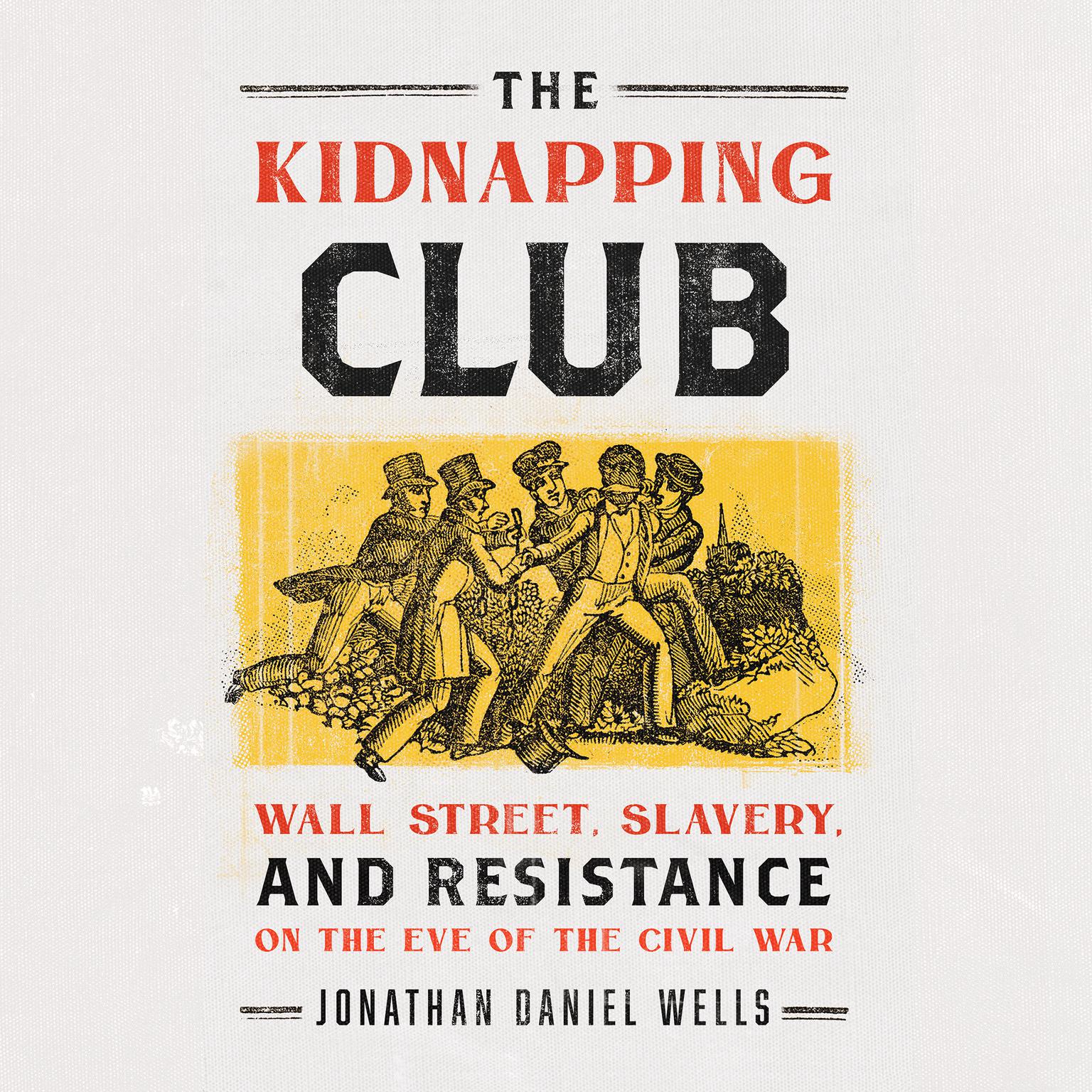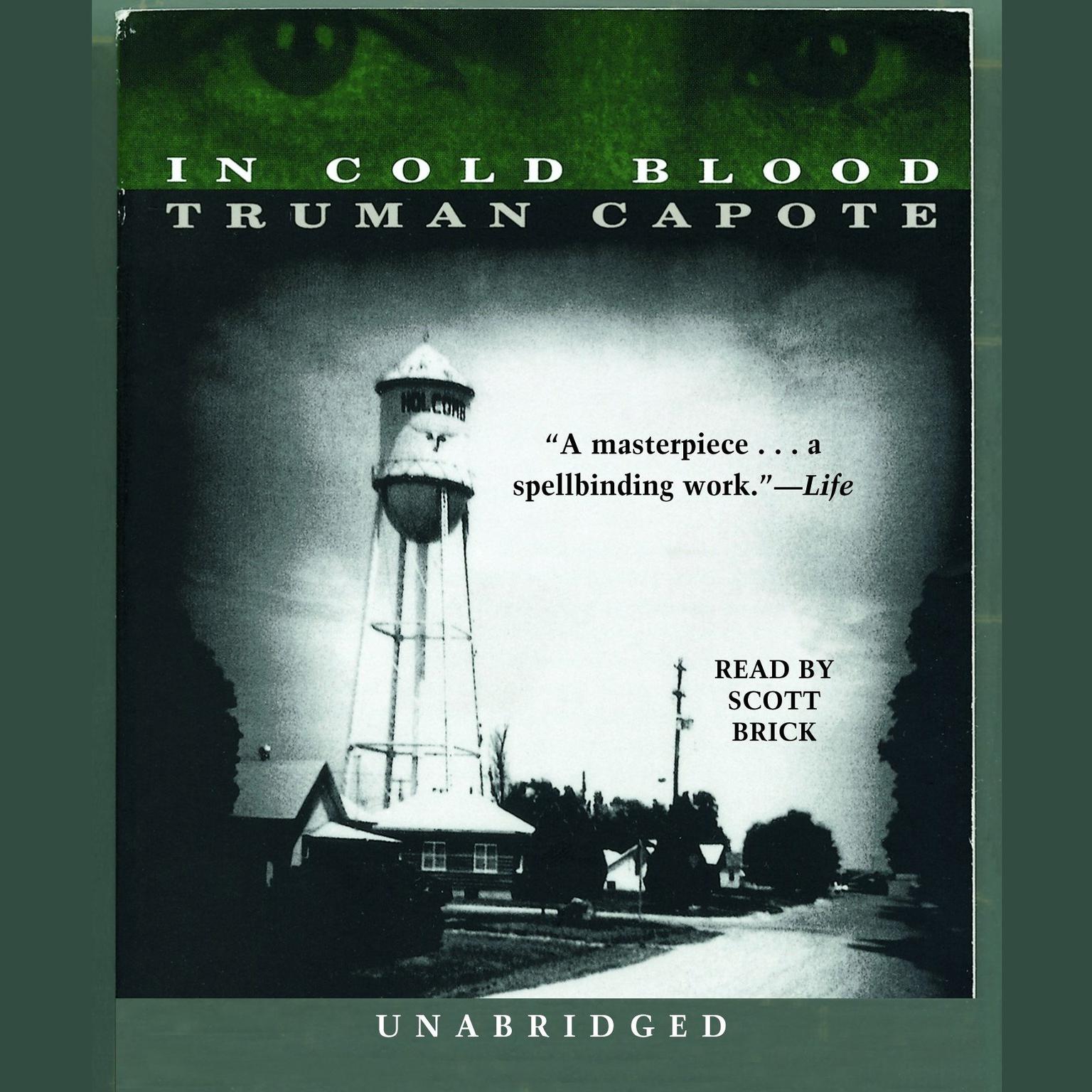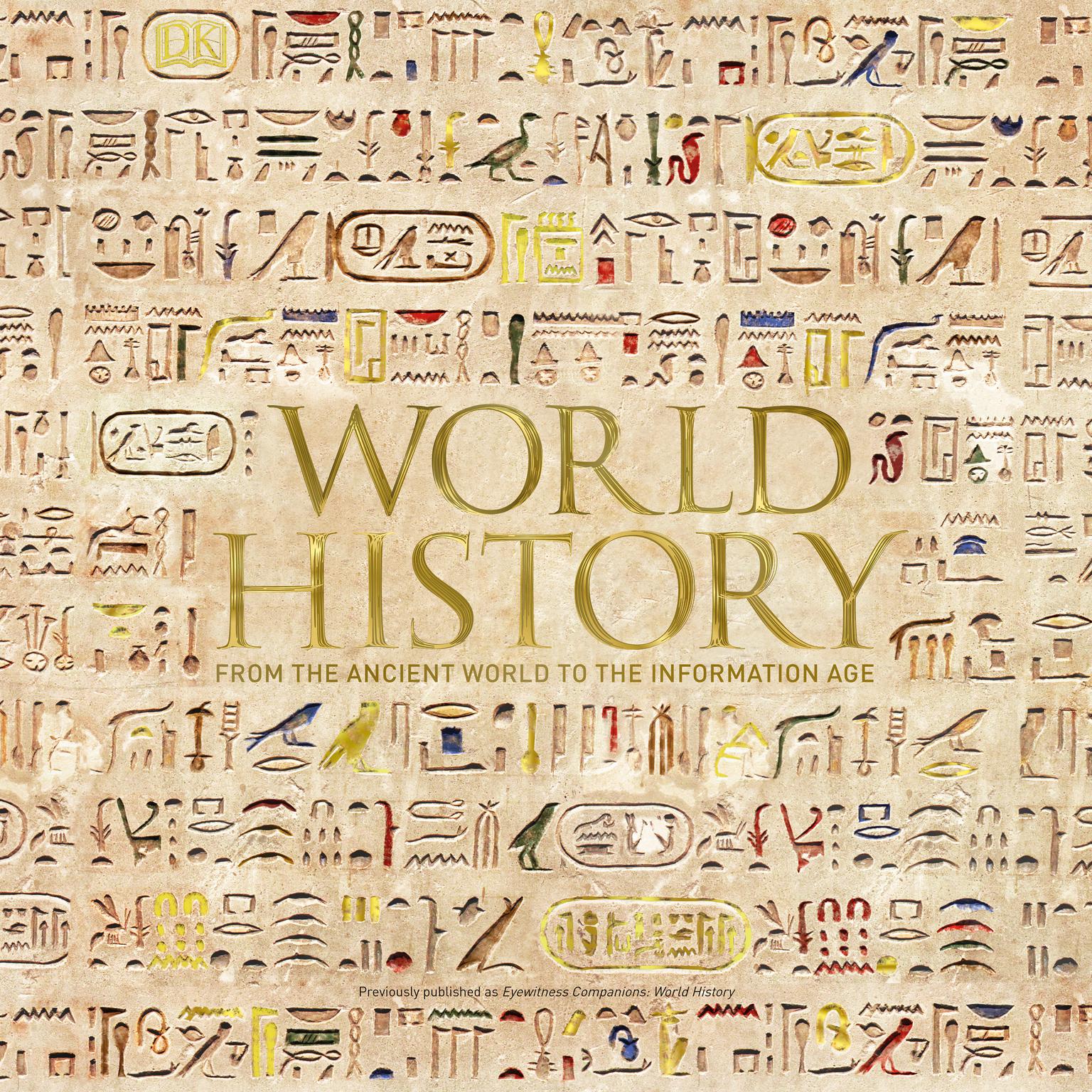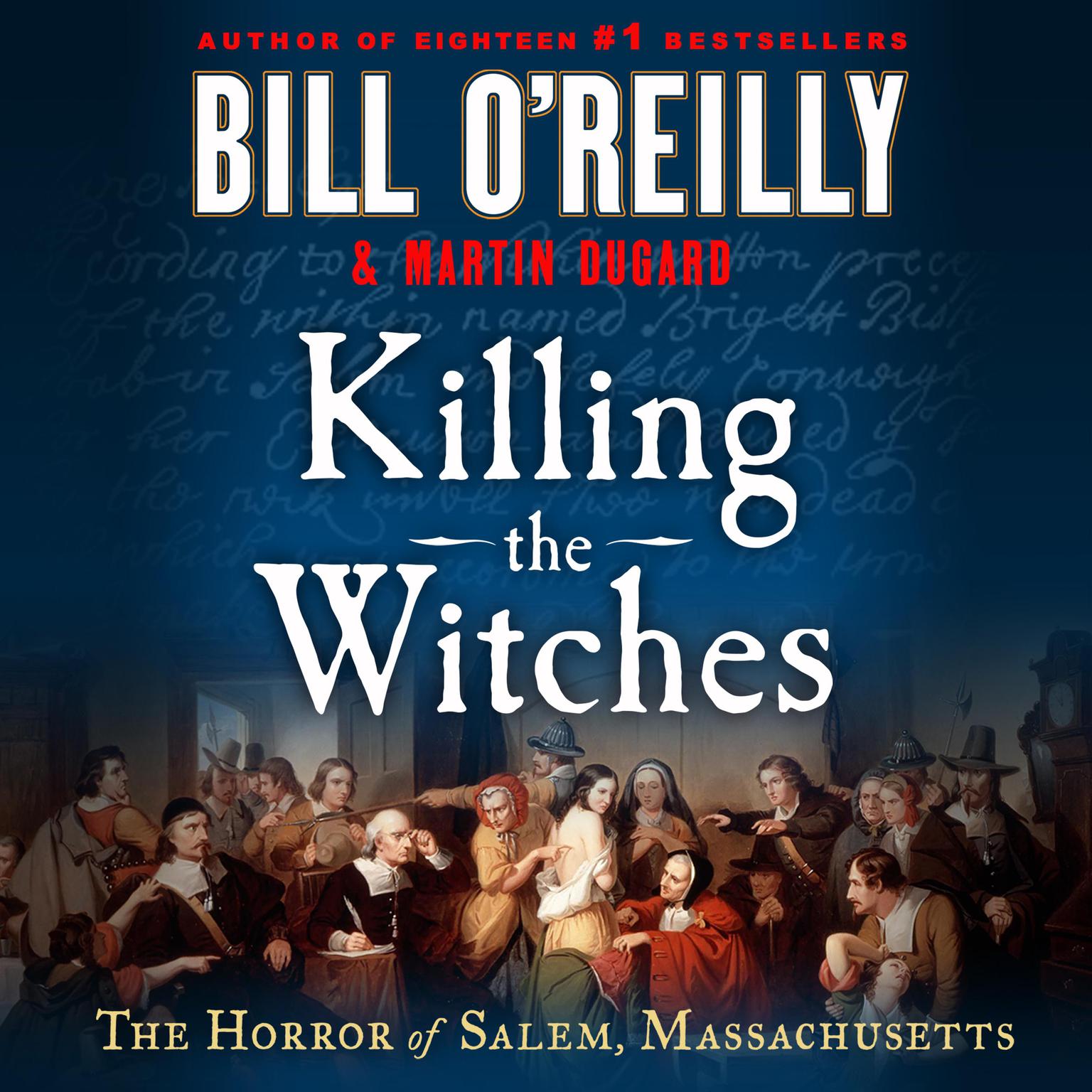Publisher Description
Winner of a 2020-2021 New York City Book Award
In a rapidly changing New York, two forces battled for the city’s soul: the pro-slavery New Yorkers who kept the illegal slave trade alive and well, and the abolitionists fighting for freedom.
We often think of slavery as a southern phenomenon, far removed from the booming cities of the North. But even though slavery had been outlawed in Gotham by the 1830s, Black New Yorkers were not safe. Not only was the city built on the backs of slaves; it was essential in keeping slavery and the slave trade alive.
In The Kidnapping Club, historian Jonathan Daniel Wells tells the story of the powerful network of judges, lawyers, and police officers who circumvented anti-slavery laws by sanctioning the kidnapping of free and fugitive African Americans. Nicknamed “The New York Kidnapping Club,” the group had the tacit support of institutions from Wall Street to Tammany Hall whose wealth depended on the Southern slave and cotton trade. But a small cohort of abolitionists, including Black journalist David Ruggles, organized tirelessly for the rights of Black New Yorkers, often risking their lives in the process.
Taking readers into the bustling streets and ports of America’s great Northern metropolis, The Kidnapping Club is a dramatic account of the ties between slavery and capitalism, the deeply corrupt roots of policing, and the strength of Black activism.
Download and start listening now!
Nineteenth-century New York City was a battleground for African Americans, who most whites assumed to be undeserving of freedom. Jonathan Wells’ The Kidnapping Club brings to life the struggles in the courts and on the streets between those who sought to send blacks to slavery in the south; those who benefited from southern slavery; and the small group of interracial activists who fought against slavery and would eventually prevail in claiming freedom for all regardless of race. From politicians and jurists to newspaper owners, and from bankers to ministers to common laborers, everyone had a stake in the central question of the moment: the legality and morality of slavery and the status of people of African descent in the nation. Wells’ gripping narrative brings to life the real-life impact of these questions on every New Yorker, and how the struggle over racial equality affected every sector of life in antebellum New York City.
—
Leslie M. Harris, author of In the Shadow of Slavery: African Americans in New York City, 1626-1863











